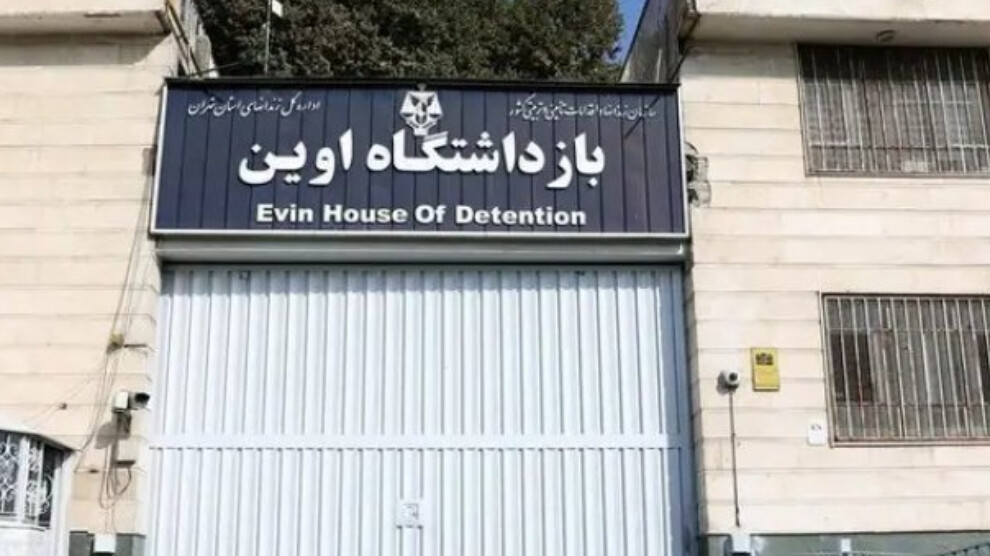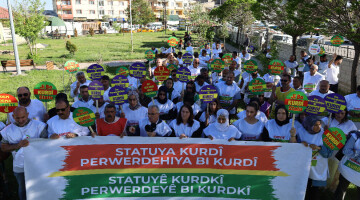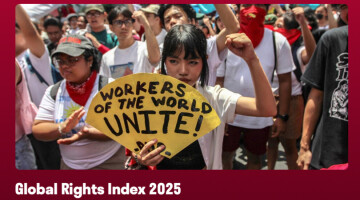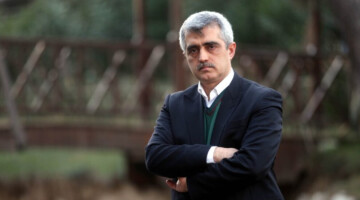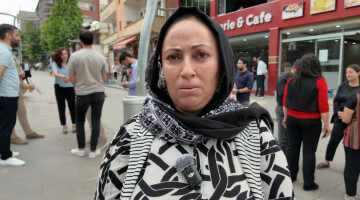According to data collected by Iran Human Rights, at least 300 people were executed in Iran in the first seven months of 2024. This is a 30% decrease compared to the same period in 2023 when at least 430 people were executed. This decrease can be attributed to the parliamentary and presidential elections and the death of President Raisi.
15 women, 42 Baluch and 20 Kurdish minorities, and 20 Afghan nationals were amongst those executed.
Of the 300 executions recorded by IHRNGO, only 9% (28 executions) were announced by official sources. The remaining 91% were confirmed by Iran Human RIghts through two independent sources.
Of the 300 recorded executions, 172 were for drug-related charges, 110 for murder, 15 were for the security-related charges of efsad-fil-arz, moharebeh and baghy, and 3 for rape charges.
Drug-related executions have continuously risen every year since 2021. However, there has been a 20% decrease in the first seven months of 2024 compared to the same period last year when 216 were executed for drug-related charges. 95 drug executions were recorded for the same period in 2022.
January-July 2024 executions at a glance:
- At least 300 people were executed
- Only 28 executions (9%) were announced by official sources
- 172 of the recorded executions were for drug-related charges
- 110 were executed for murder charges (qisas as retribution-in-kind)
- 15 people were executed for security-related charges of baghy (armed rebellion), moharebeh (enmity against god) and efsad-fil-arz (corruption on earth)
- Of the 15 security-related executions, 5 were accused of espionage for Israel, 5 were Kurdish-Sunni political prisoners
- 3 of the recorded executions were for rape charges
- At least 15 women were executed, with 10 hanged for drug offences
- 42 Baluch and 20 Kurdish minorities were among those executed
- 20 Afghan nationals and one Iraqi national were also among those executed

